‘I Will Always Play Music That I Love’

Olga Scheps © Thomas Rabsch
Pianist Olga Schep’s innovative approach to programming has earned her a loyal and devoted audience. She has performed with orchestras including the Orchestre Philharmonique de Monte-Carlo, Warsaw Philharmonic Orchestra, Mozarteum Orchester Salzburg, and the Royal Scottish National Orchestra, in venues from Hamburg’s Elbphilharmonie to the Suntory Hall in Tokyo. Her numerous albums, often mixing older repertoire with music from across the musical spectrum, including the worlds of pop, film, and TV, have won critical acclaim and amassed millions of streams online.
Growing up in Germany, with parents who were both pianists themselves, it was perhaps inevitable that Olga was immersed in music right from the very beginning. Starting piano lessons aged five, she went on to complete her studies in Cologne with Pavel Giliov, receiving additional mentorship from Arie Vardi and Dmitri Bashkirov.
These days, determined not to be put in a box, Olga rallies against the traditional labels we put on music, insisting that ultimately, all music is more alike than different. She has garnered a reputation of embracing music from all walks of life, her recordings featuring Beethoven rubbing shoulders with Aphex Twin, with everything in-between.
Joseph Haydn: Piano Sonata No. 50 in D Major, Hob. XVI:37
How did you find your way to the piano?
I found my way to the piano through my parents who are both pianists, and I grew up in a very musical environment. We always had a piano at home, and little kids, I think, pretty much do what their parents do and what people around them do. In a musical environment, children often start to play an instrument or to sing, which is what happened with me.
Growing up, was there a particular piece that captivated your attention, to make you want to begin learning the piano?
I think music was always part of life, somehow, and my parents always had this approach to music that it’s there to express emotions – it was never about ‘proving’ something or being competitive. It was about expressing something and sharing my feelings, and this is what kept me motivated to stay at the piano and not to get too interested in anything else!
‘Staying at the piano’ is a good way of putting it – there must have been difficult moments as well as joyous ones.
Of course. I think the way [through it] is very individual. There is no clear path, and in such a situation, where you are a freelancer and an individual as an artist, you have to decide where to go, what to play. In this world of music there are so many answers that we have to find out for ourselves.
I think it’s also a normal thing to test things out, to make mistakes. It’s a very individual thing: there are no two pianists’ stories that are alike. I think this is maybe what makes me interested the most: finding your own voice and your own sound, your own way to perform, to play.
Would you say that’s a piece of advice you would give to younger pianists who are studying and training?
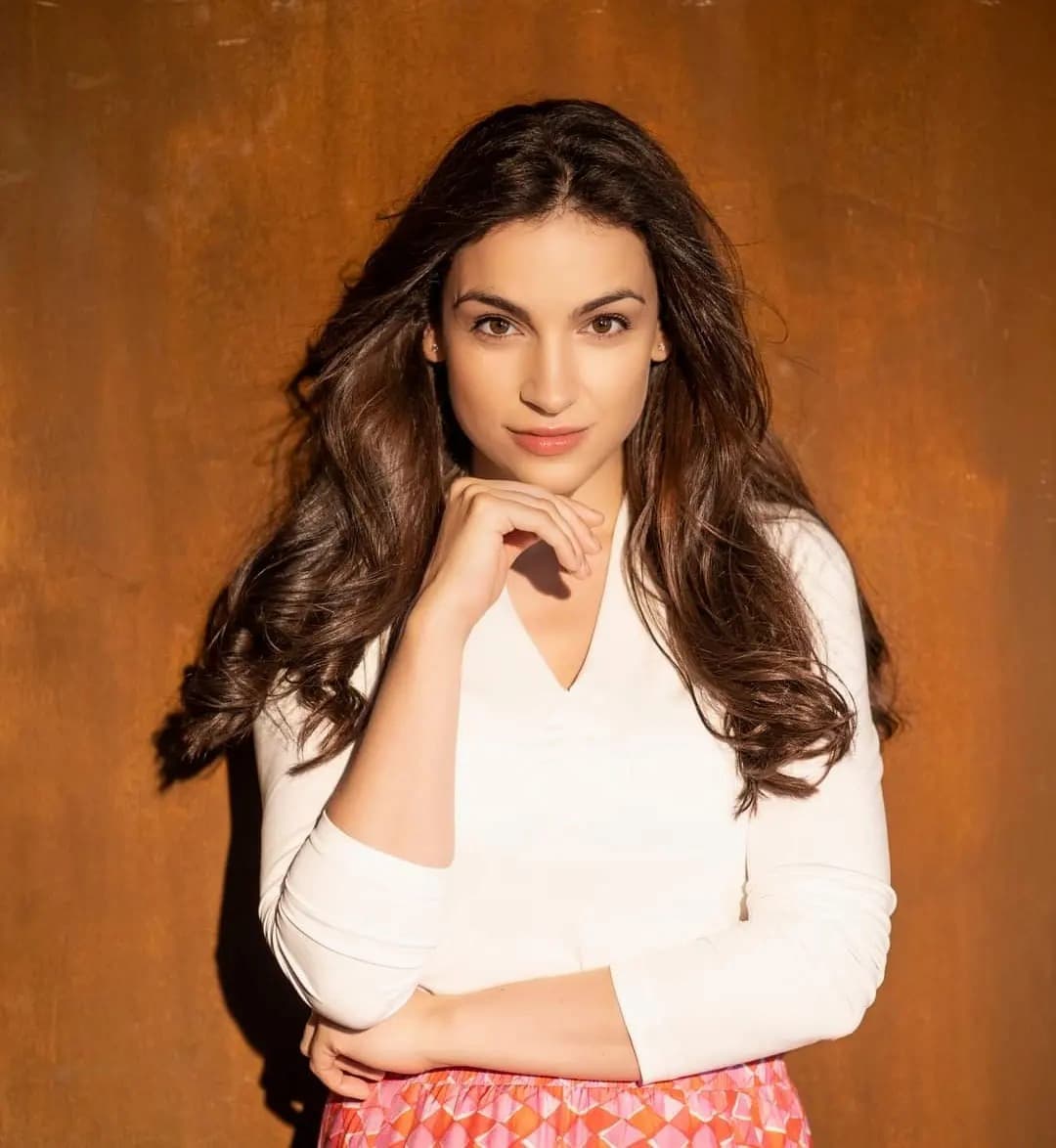
© Thomas Rabsch
I feel like I’m still studying and looking for the right way to do it, and I don’t feel like I know so much that I actually can give advice to others! The only thing I maybe would say to my younger self is that it’s important to stay constant and to keep on really practising and working on what you are doing. This might sound like obvious and not very interesting advice, but actually I think this is the key to everything: that you will maybe find out later. I think there is no result without work.
The choice of music on your albums is often very eclectic, like with your album Family (2021). Tell us about the process of how you choose your repertoire.
I think the main rule is that I will always play music that I love. I would never play something because it makes sense, or for historical reasons, or whatever. I play the music that I love.
It’s like an intuition, like between two people: there is a chemistry, or there isn’t. If I don’t feel this connection with a piece then I know it’s going to be a waste of time, because it’s not going to be as touching, as moving, as it should be. That’s the most important thing for me.
I think that it’s a lot of fun to look around and see how much music exists. If we compare the centuries before our time, before the internet, imagine how much bigger the possibilities are right now.
If you were Mozart you had to travel to another country to discover a different style of music, and you didn’t have any recordings, nothing. But now, you can open your laptop and experience music from the last four centuries and from the whole world. That means that the variety of different musical styles is really amazing. I think it’s very interesting to discover music which is maybe not very well-known, and also to discover music written right now which is extremely diverse.
I know that there are many discussions going on about what actually is ‘contemporary classical music’ and all that, and I’m asking myself if it wouldn’t make sense just to remove all that and to just ask myself, ‘What is this music telling me? What is this music about? Do I relate to it? Does it somehow speak with my feelings, is there something that gives me a vibe, these things that you can’t describe with words?’
This is what it’s all about. It’s not about competition and it’s not about fulfilling a category. Music is a language above everything that we do.
Olga Scheps – Frida Johansson / Henrik Oja: Start Anew (from “Unravel Two”)
Do you think we often feel forced to categorise things unnecessarily?
Yes, absolutely. And if we check this out, it’s funny how wrong we are in using the categories. As just one example, the term ‘Classical’ music is something that was written in Europe in the 18th century, so when you go back to the 19th century, it’s not Classical music anymore, if you are speaking from a historical point of view: it’s already Romantic music. Chopin, for example, is not Classical music anymore.
People will say, ‘Oh, David Garrett, he plays violin, so it’s classical music,’ but there are drums, and electronic instruments, and so everyone gets confused and then calls it ‘crossover’ music.
I think the problem with that is when people are confused and trying to make up categories they often end up with the term ‘crossover’ which I really don’t like, because I think that, somehow, everything is a ‘crossover’ of something: something that’s been inspired by something else.
If we are really spending time to describe where something comes from, it’s interesting to see melodies that we all know, can have their roots in, I don’t know, Portuguese folk music or some church song. It’s interesting to see how melodies survive centuries. But in the end, I think we have such a huge mix of different musical styles that labels aren’t that important anymore.
What are your plans for your next projects?
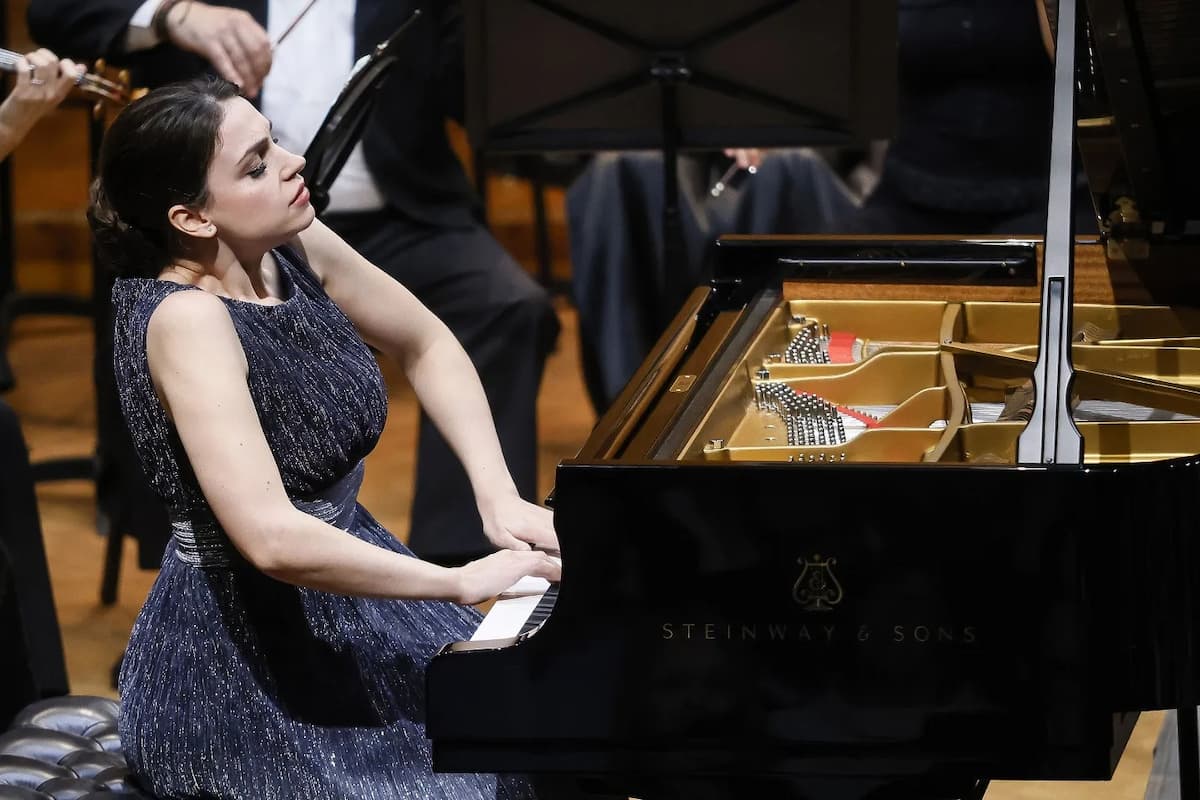
© Marko Djokovic
Right now I have a project with a German cello player, Raphaela Gromes – we just did an online digital project where we recorded some Chopin Nocturnes for piano and cello, which worked so beautifully because the cello has the same vocal range as the human voice, and Chopin’s music is based so much on the human voice that it feels so natural to play with piano and cello.
I’m learning Brahms’s First Piano Concerto right now, and Beethoven’s Second Piano Concerto, which is so light, so beautiful and uplifting. It sounds very much like late Mozart – it’s very underrated. Everybody knows the third, fourth and fifth Beethoven Concertos – the first and second are not very well known and very underrated.
Olga Scheps, Raphaela Gromes – Chopin – Nocturnes, Op. 32/II. Lento
What do you do in your spare time?
I have two little children. Sometimes I hear the question ‘what do you do in your free time’, and….I have two children! I’m at the piano or I’m with my children. That’s what I basically do – there’s nothing else, no parties, no hobbies, in this phase of my life right now.
I’m not actually reading anything right now – I know that sounds not very intellectual, but when you have little children you really care about having enough sleep, and if I have some time I’m just preparing my work. I love reading books with my son, about the universe, about animals… that’s about it for what I’m reading at the moment!
For more of the best in classical music, sign up for our E-Newsletter

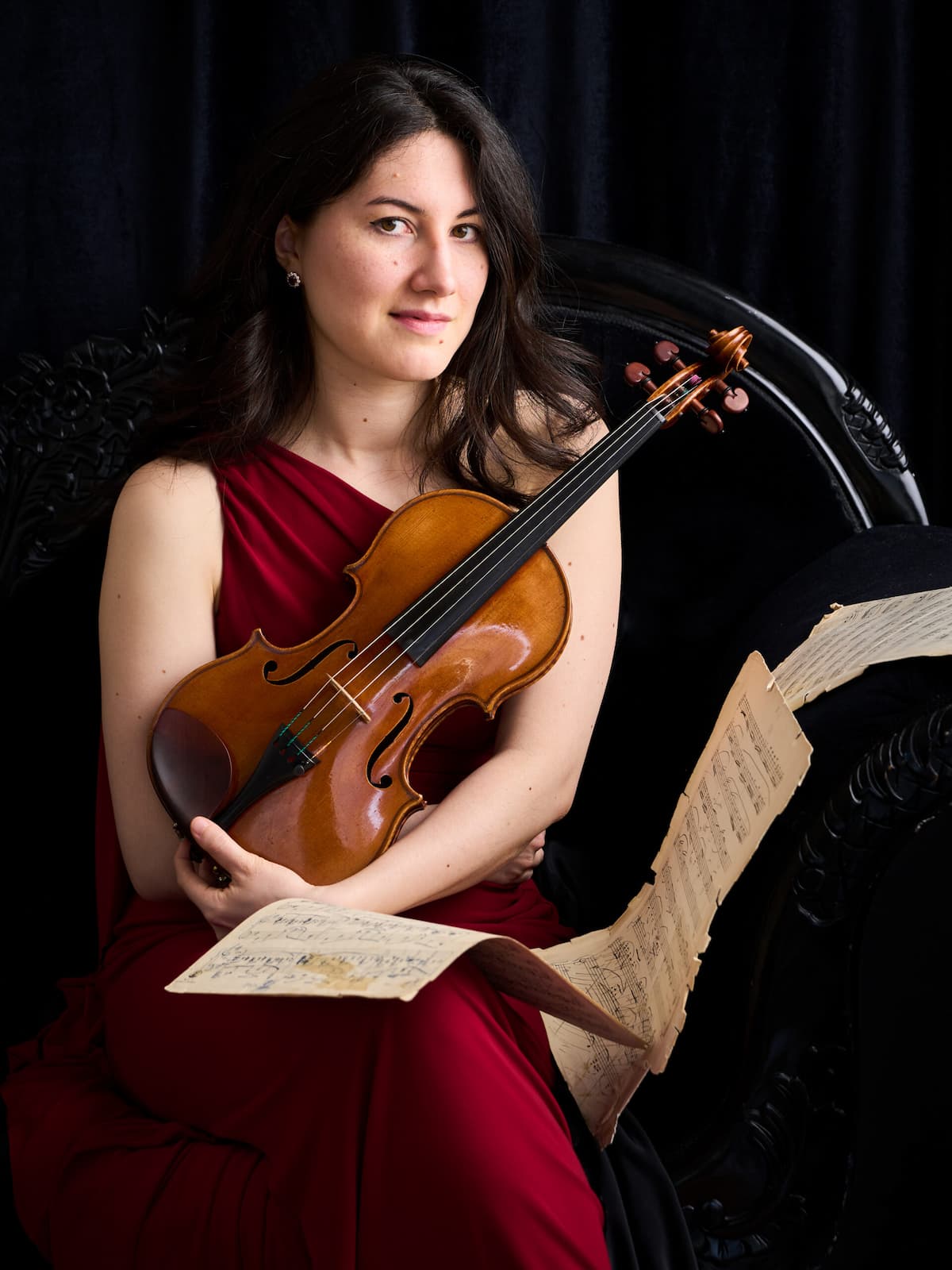
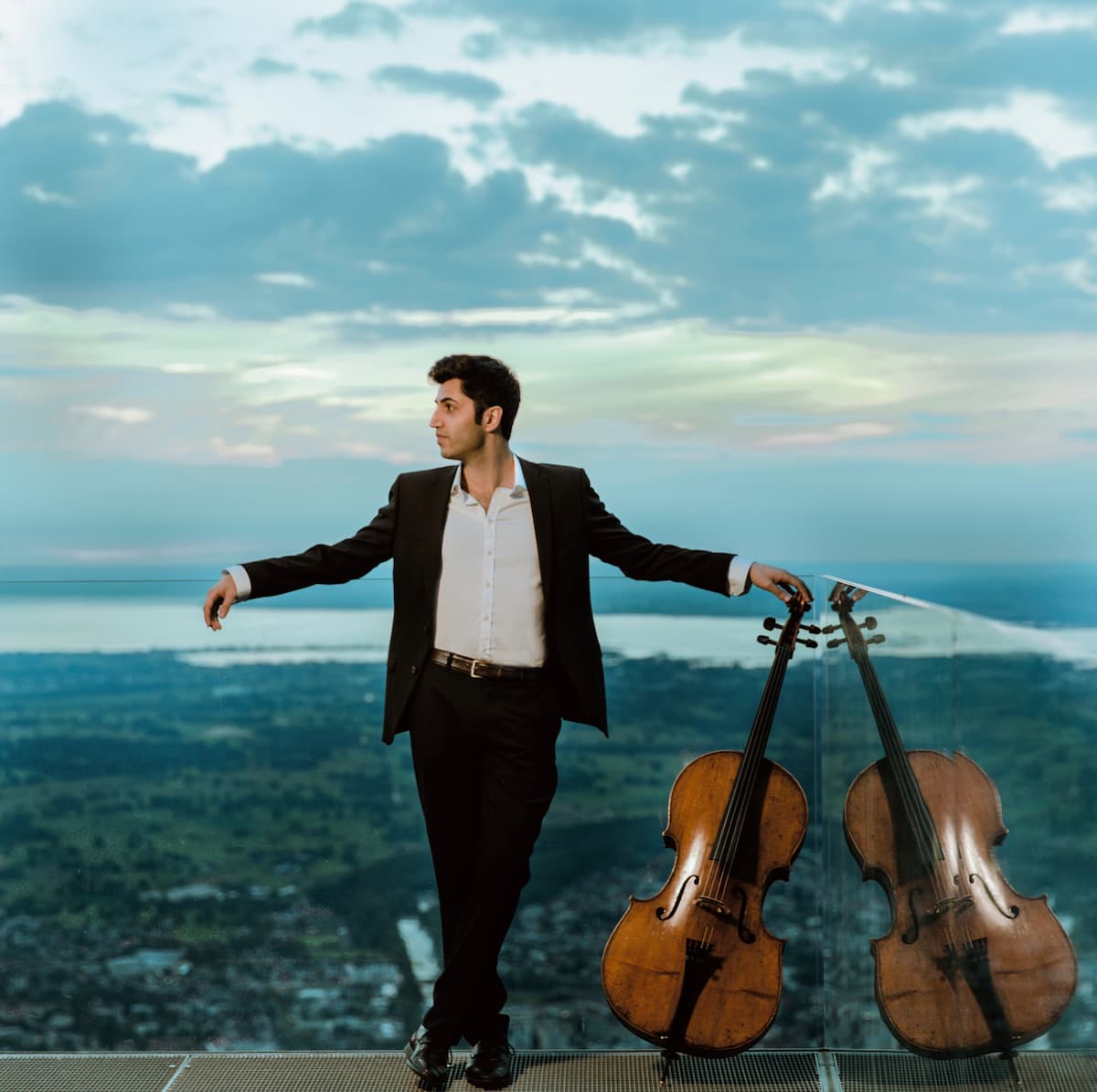
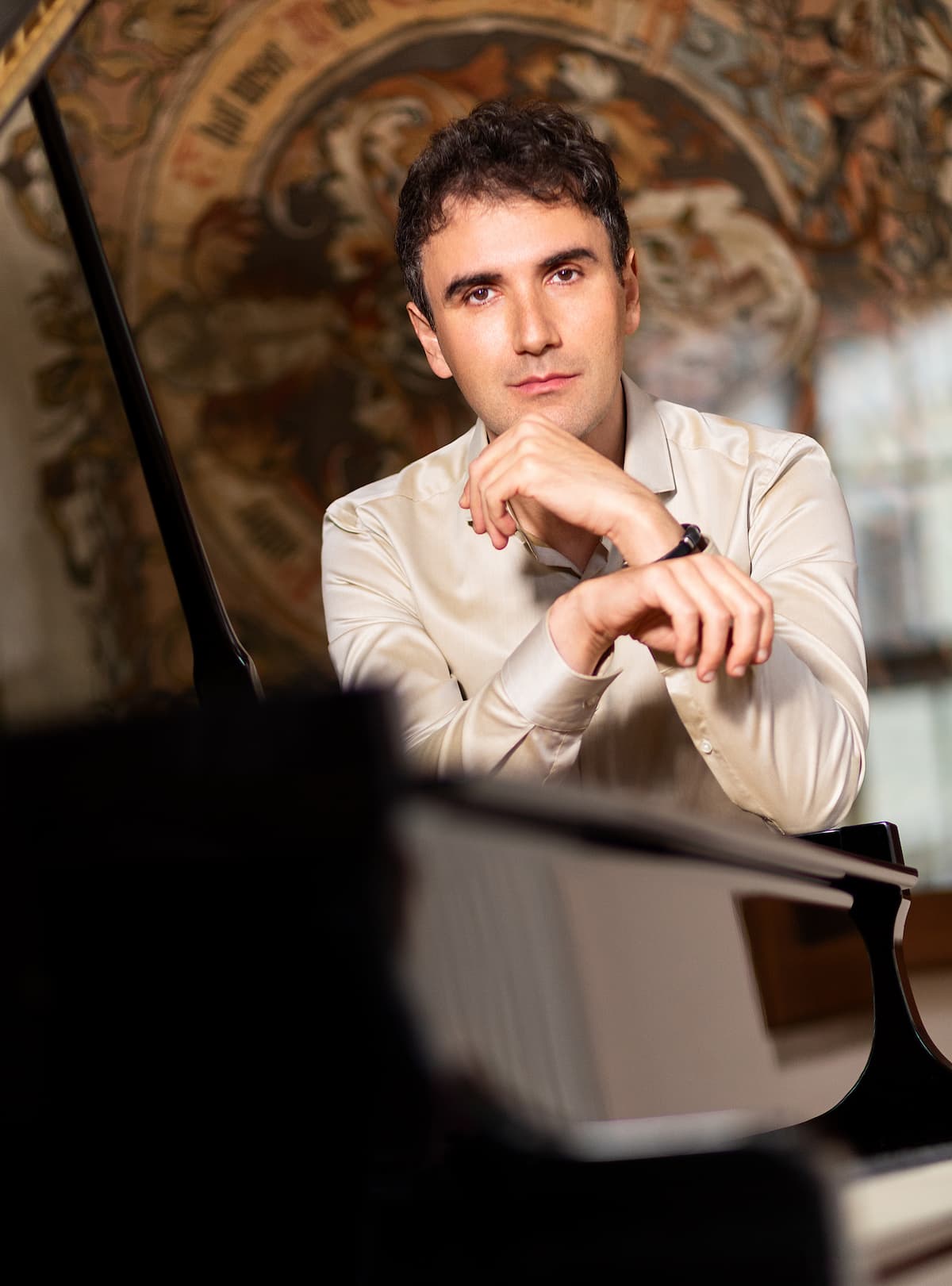
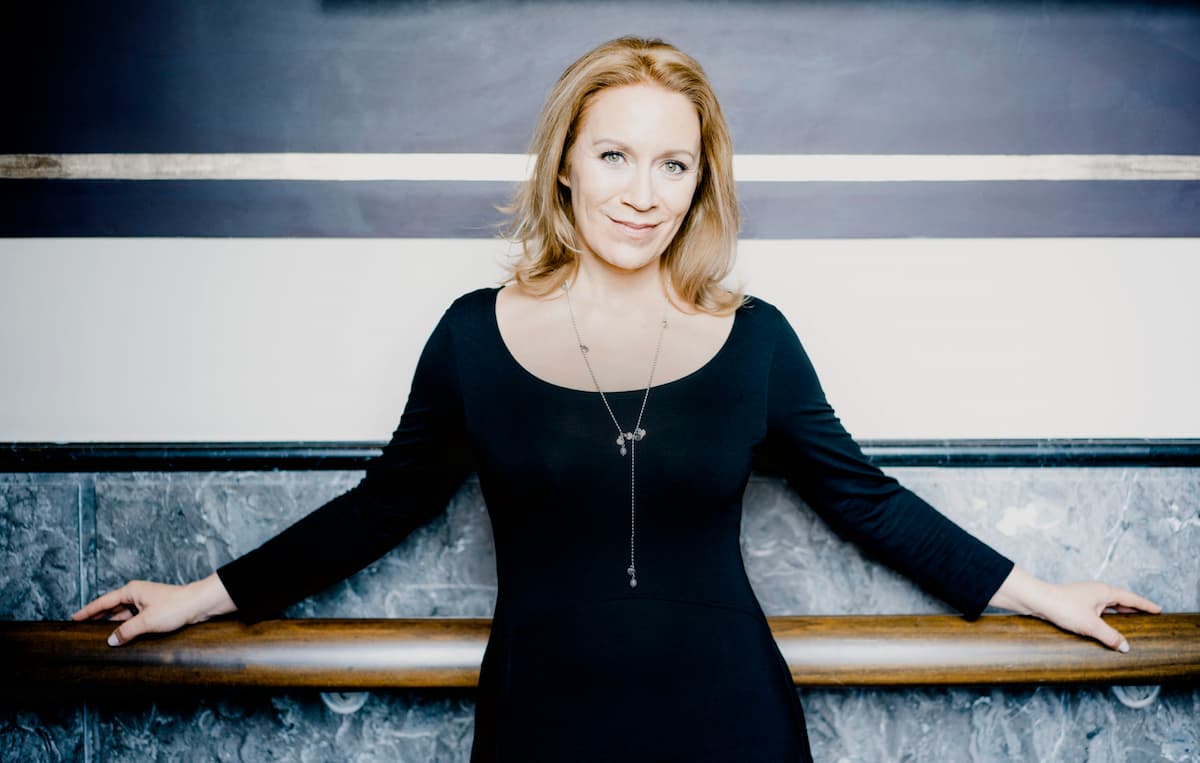
No one on the classical piano musical world is Olga Scheps! This is the first time I watched you on YouTube.
I just finish watch Chopin Concerto No. 1, Brahms Concerto one & Two.
Bravo how you play and sometime attack the keyboard, brilliant!